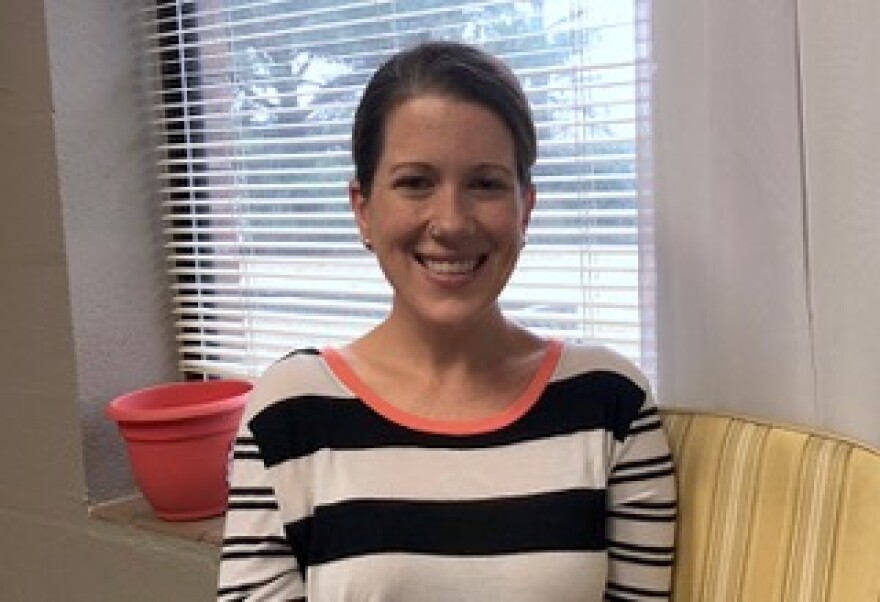The Tennessee Coalition to End Domestic and Sexual Violence has long provided legal help to immigrant victims of domestic violence, sexual assault and human trafficking.
Effective June 30, however, the nonprofit’s immigrant legal clinic permanently closed after the Tennessee Office of Criminal Justice Programs, which decides how to allocate federal crime victim dollars, ended immigrant legal aid grants.
Jennifer Escue, the coalition’s CEO, said the elimination of grants will leave already vulnerable victims with few legal alternatives.

“The major concern is that this just drives these communities deeper underground,” Escue said. “They’re not going to get help, they’re not going to report and it’s one more thing their abusers can hold over them.”
The organization’s legal clinic provided victims without legal immigration status help in applying for special visas set aside for domestic violence, sexual assault and human trafficking victims who are cooperating with police.
Visas that provide temporary legal status – and a pathway to lawful permanent residence – have long been made available to certain crime victims, in part so they are willing to help law enforcement pursue perpetrators without fear of deportation.
Visas are also made available to victims out of a recognition that an abusive spouse may hold the key to a partner’s immigration status as a sponsor of their immigration application, or may be using the threat of reporting a victim to immigration authorities as a tool to buy silence about the abuse.
Escue’s organization provided legal services and representation to about 150 new victims each year and ongoing legal work for 400 to 500 others through a visa petition process she said can take a decade or more to complete.
The loss of the funding – $137,000 annually for the coalition – comes as other immigration lawyers and legal organizations experience crushing demands and wait lists amid the Trump administration’s crackdown on illegal immigration, leaving victims with few alternatives.
“We had to refer them to new representation which is of course difficult to find, because there were never enough immigrant legal services, especially low cost or, in our case, free.” Escue said.
Emily Stotts, legal director for the nonprofit Justice for our Neighbors, said her nonprofit organization already had a high volume of immigrant victims when the coalition’s legal clinic closed. They are now seeing some of the coalition’s former clients, she said.
“We still have to turn away a lot of people who are seeking assistance especially through the U visa,” which was established as a pathway to legal immigration status for victims in order to help law enforcement investigate and prosecute crimes.
“We already had a capacity issue and this is aggravating the capacity issue,” Stotts said.
Asked to provide a reason for the grant funding cut, Jennifer Brinkman, executive director for the Office of Criminal Justices Programs, said the “contract which provided this funding had reached its end date and was not renewed.”
But the decision to end funding for immigrant legal services comes as the Trump administration attaches more strings to federal Victims of Crime Act funding that federal officials have explicitly said are in support of the president’s crackdown on illegal immigration.
Among them is a new requirement that states receiving the funding, and the nonprofits that accept it, cooperate with federal immigration enforcement activities.
A federal lawsuit filed by 21 Democratic state attorneys general is seeking to stop the U.S. Department of Justice from withholding crime victim funding to states that refuse to comply with the cooperation conditions.
This story was originally published by the Tennessee Lookout.


